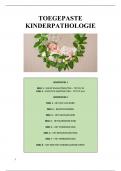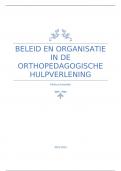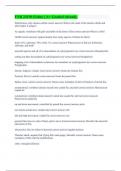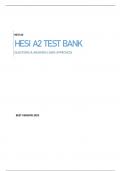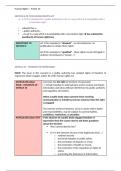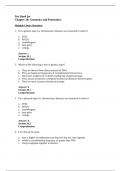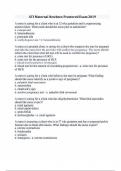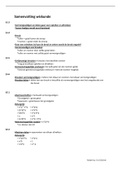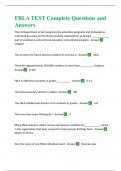Summary
Samenvatting toegepaste kinderpathologie
- Course
- Institution
HOOFDSTUK 1 DEEL 1 - VOCHT EN ELECTROLYTEN – TOT PG 90 DEEL 2 - VOCHT EN ELEKTROLYTEN – TOT PG 164 HOOFDSTUK 2 DEEL 1 - HET NUT VAN EHBO DEEL 2 – BASISTECHNIEKEN DEEL 3 – HET GEVALLEN KIND DEEL 4 – HET BLOEDENDE KIND DEEL 5 – HET STIKKENDE KIND DEEL 6 –...
[Show more]
